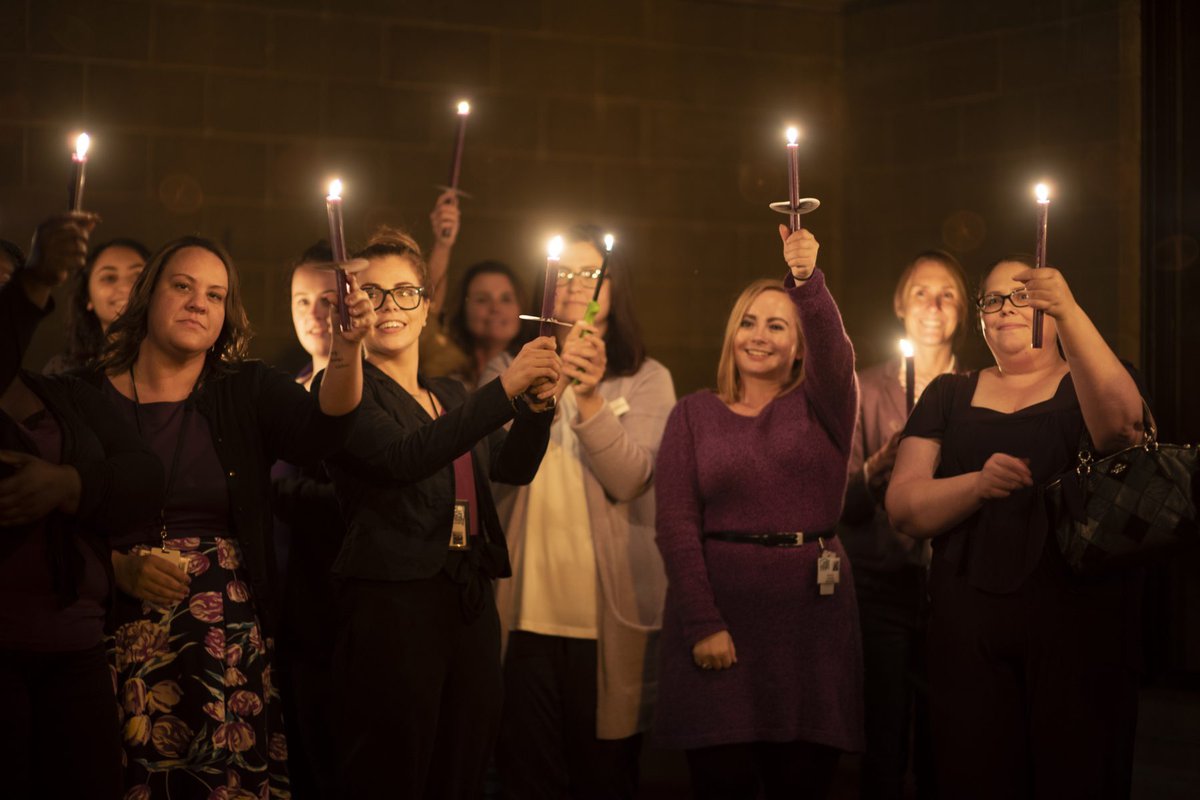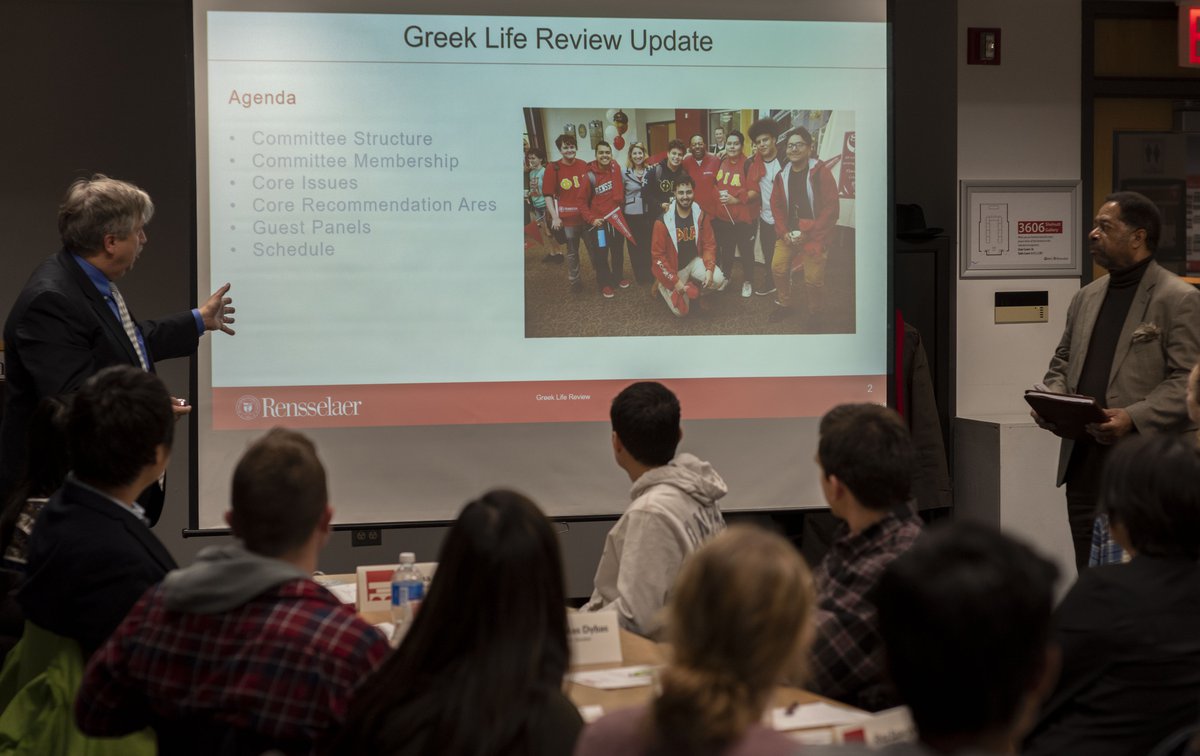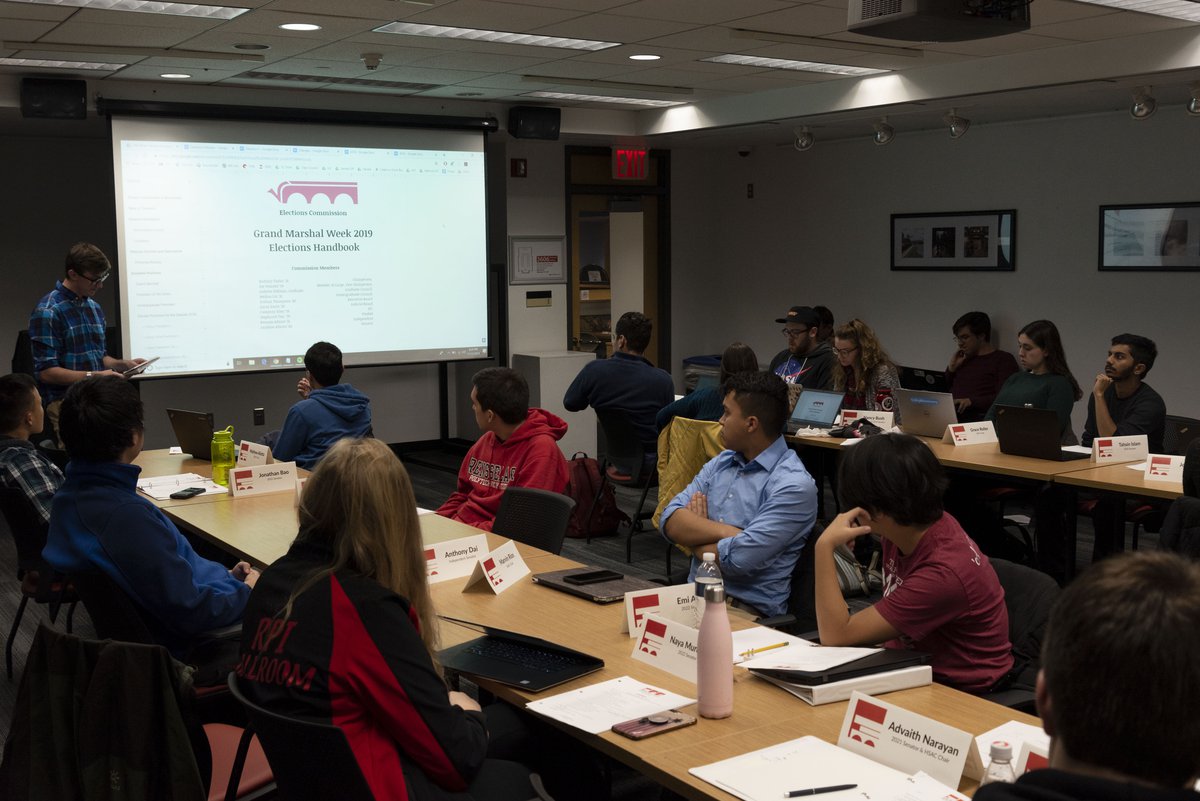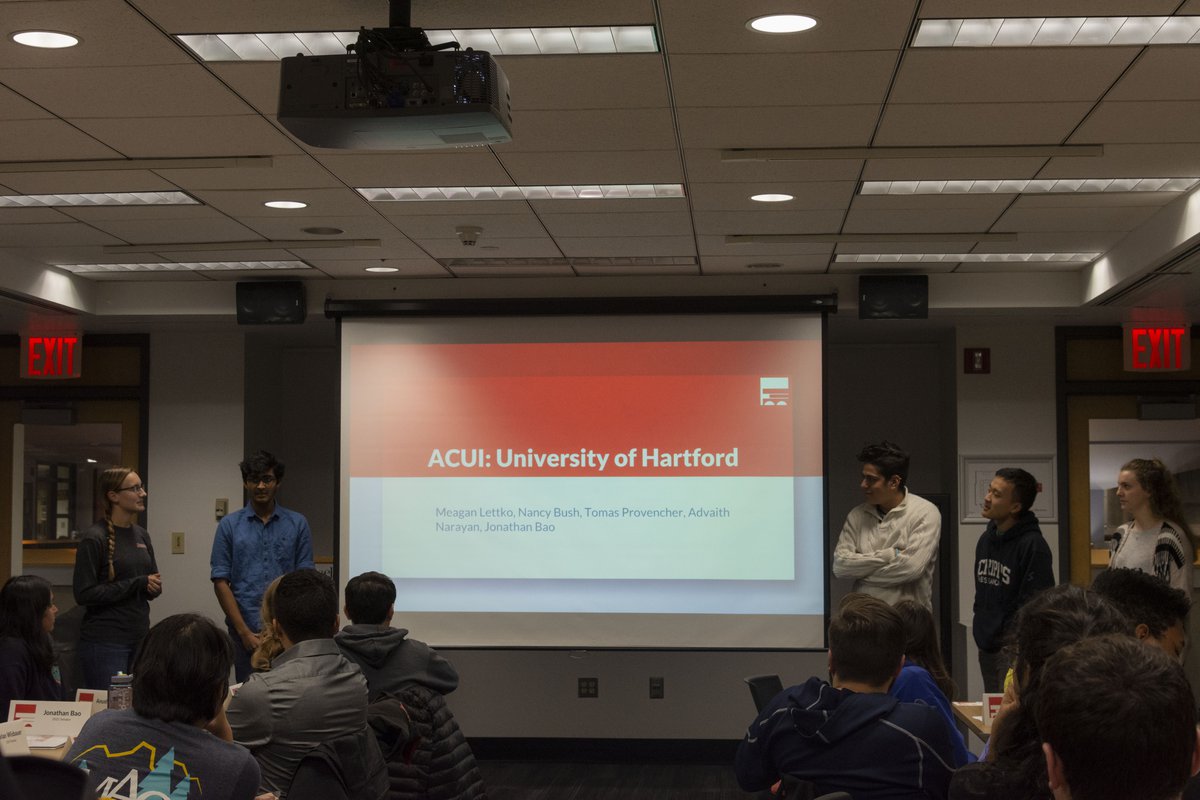Domestic Abuse Awareness Month: an interview with Kristine Guzman

Kristine Guzman, the assistant dean of intervention support, describes her job as “cover[ing] a lot.” She is responsible for organizing events surrounding domestic and sexual abuse, counseling students, assisting in judicial processes, and is a member of the Bias Assessment and Review Team. Guzman is a relatively new member of the Rensselaer community—having started this July—but is already making waves in the programming surrounding difficult issues like domestic abuse, and sexual assault.
Guzman has already spearheaded the issue of domestic abuse on campus through setting up programs during Domestic Violence Awareness Month by establishing workshops, a clothing drive, and an art show followed by a candlelit vigil. According to Guzman, the root of this programming was planned during a meeting between her, Title IX coordinators, and Assistant Vice President and Dean of Students Travis Apgar in August.
“We wanted to do something different on campus,” expressed Guzman, as traditionally there had never been much programming surrounding domestic abuse on our campus. Her approach for this problem is divided into “three components,” which include working with the Title IX department in pushing a survey related to domestic and sexual abuse, holding escalation workshops, and working with local support groups and assisting with the procurement of supplies for survivors.
Throughout this month, there are going to be many domestic abuse workshops which “[go] through red flags of unhealthy relationships [and] new ways to expose what the nuances of these unhealthy relationships look like.” Guzman added, “[they] are still being confidential in how to plan for their safety without alerting the abusive partner.”
In addition to the workshops, there will be a clothing drive from October 15 until the end of the month. The drive will be collecting personal hygiene items and clothing—for both women and men. The collection boxes will be in Commons Dining Hall, Russell Sage Dining Hall, the Darrin Communication Center, the Jonsson Engineering Center, and the Mueller Center. On November 3, there will be a community service event in the Armory, “inviting the entire campus to devote time sorting through and creating care packages.” These “care packages” will be donated to the Unity House, a local organization focused on assisting people living in poverty and victims of domestic violence.
She says that although there will be a greater focus on domestic abuse during October, her department will be “pushing this the entire academic year.”
When asked generally about what options students have regarding domestic abuse or sexual assault, the overarching theme was that students—no matter how traumatic the situation—have options, and many multifaceted support systems. Guzman expressed that while it’s “very daunting for students [to report an incident],” “RPI has excellent resources for our students.”
She stressed that “students have so many avenues to choose from,” including the Title IX department. Their website offers a comprehensive support network for victims of sexual misconduct including various medical, counseling, and anonymous reporting services. These services also outline what options victims or concerned bystanders might have when they see a case of sexual misconduct. She explained that, “people might worry that things there get less human, but there’s a lot of attention and care with every individual, and [Title IX Counselor] Elizabeth [Brown-Goyette] really cares.”
Another option for students is the counseling center. Guzman expressed that individuals who wish to retain confidentiality, “What is said in the counseling center, stays there.” The one exception to this is if a student is in immediate harm, whether it be self-harm, or domestic abuse scenario.
For those who need immediate counseling services, she explained that the Department of Public Safety always has counselors on-call and available to deal with any crises. And finally, an option for students who are at immediate risk—whether it be domestic abuse, sexual assault, or a suicidal ideation scenario—emergency services and the local police department should be called immediately.
According to Guzman, “higher institutions and private institutions do their best to provide that sanctuary and safe space for students to come forward. But society impacts people’s choices.” When asked what she would say to victims of sexual misconduct who are hesitant for whatever reason, she stressed that they have multiple options at hand to empower them and that she “believe[s] them and support[s] them.”
On Friday, Unity House hosted a “Survivor Art Show” at the Chapel & Cultural Center from 7 to 8:30 pm. Immediately following the art show, there was a candlelight vigil where dozens of survivors, volunteers, and interested members of the community came together, to “[remember] the lives that have been impacted by intimate partner violence.”
After the vigil was held, Executive Director of the YWCA of the Greater Capital Region Daquetta P. Jones informed The Polytechnic that there will be a “Beauty bites Beast” event on October 16 at the Bush Memorial Hall Center. “We are hosting ‘Beauty bites Beast,’ and the creator, writer, director, and producer, Ellen Snortland” will speak about “women learning to defend themselves, especially in developing countries.” The event will be held at 5:30 and the film will start at 6 pm.
She also shared that there will be a Take Back the Night March on October 18 that will start with a performance and continue with a march at 21 First Street in Troy, NY at 6 pm. Jones stressed the importance of events empowering women, “especially when we have an administrator, a leader of our country, that can say very demeaning and insulting things about [a] person coming forward, and for that person to have between 16 and 19 allegations against himself.”

 Student Senate
Student Senate
 Student Senate
Student Senate
 Student Senate
Student Senate